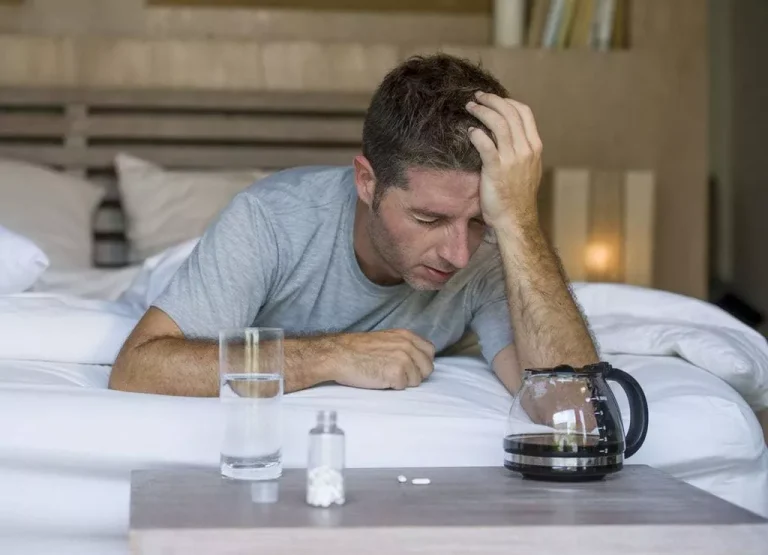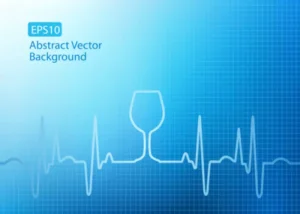
The symptoms of alcohol poisoning can vary in severity. Some people experience certain symptoms more severely than others. In order to ward off the symptoms of dehydration following a hangover, it is good practice to drink non-alcoholic fluids. In addition, ensuring how long do hangovers last you have an adequate amount of time to sleep may decrease difficulty concentrating and fatigue the following day. Some people deficient in a protein called alcohol dehydrogenase 2 (ALDH2) may experience some symptoms similar to a hangover during intoxication.
- These symptoms vary from person to person and can range in intensity from mild to severe.
- Check your blood sugar frequently or wear a continuous glucose monitor (CGM) to make sure you’re staying in range, as recommended by your doctor.
- Hangovers are very common in people who consume too much alcohol.
- By Rod Brouhard, EMT-PRod Brouhard is an emergency medical technician paramedic (EMT-P), journalist, educator, and advocate for emergency medical service providers and patients.
How to Cure a Hangover Fast
It may be to blame for hangover symptoms like crankiness, headaches, nausea, and fatigue. If you drink alcohol, drink water before you go to bed. It’s also smart to keep a bottle of water by your bedside. Another drink of water when you wake up will help keep you hydrated.
Predictors of hangover severity
A hangover from alcohol use is an uncomfortable constellation of symptoms that usually occur after an episode of heavy or binge drinking. Early research shows that probiotics may help in some way, and private companies hope to make products — that you’d take after drinking or before — to ease symptoms. Scientists are also looking at why some people seem to have natural resistance to hangovers and what they can learn from them. Darker liquors, such as bourbon, have substances called congeners. And sulfites, used as a preservative in some wines, can trigger headaches in some people. If you or a loved one has a chronic drinking problem, it is important to seek professional help.
- From a prevention standpoint, some people actually regard hangovers as a potentially useful form of deterrence to alcohol abuse and the development of alcohol use disorders.
- Hangover symptoms can linger for a day or sometimes longer.
- Eat crackers, toast, or other bland, carb-rich foods that are easy on your stomach.
- Because drinking is often an evening activity, hangovers are commonly described as « morning-after » effects.
- Hangover symptoms can last from a few hours to up to 24 hours.
Special Health Reports

It can also contribute to bone damage and increase the risk of several types of cancer. Even if you don’t see any of the above symptoms of alcohol poisoning, if the person is passed out and cannot be awakened, they could be at risk of dying. Common hangover symptoms include headaches, thirst, sensitivity to light, irritability, and stomach upset. This article discusses the common symptoms of a hangover as well as the signs of more serious alcohol poisoning. It also covers why hangovers happen and why they can be a problem.

Congeners include numerous substances depending on the beverage, and research indicates that they may have an effect on the symptoms of a hangover. A hangover refers to a set of symptoms that occur as a consequence of drinking too much. People usually don’t go to a healthcare professional to get a diagnosis or treatment for a hangover.
Symptoms of a hangover
- Congeners are chemical by-products of the fermentation process that gives alcoholic drinks their distinctive flavor.
- The idea is that you absorb the vitamins through your skin to counteract the negative effects of alcohol.
- Like alcohol, certain over-the-counter pain relievers, including aspirin and ibuprofen, can increase acid release and irritate the lining of the stomach.
- This article discusses the common symptoms of a hangover as well as the signs of more serious alcohol poisoning.
- It can be excruciating, but sometimes you simply must wait it out.
- Christine Fallabel has been living with type 1 diabetes since 2000.
These symptoms include flushing, sweating, and an increased heartbeat. While this is not technically a hangover, it can feel like one. Alcohol causes you to make more urine, which removes fluids from your body. That’s why you’re likely to wake up very thirsty after a night of too much drinking. It’s also why booze’s drying effect was long thought to be the main cause of hangover symptoms.
Week 2 – Notre Dame vs. Northern Illinois
And the more you drink the night before, the more severe your hangover symptoms might feel the morning after. But some people are more likely to have hangovers than others are. A difference in a gene that affects the way the body breaks down alcohol may make some people flush, sweat or become ill after drinking even a small amount of alcohol. A hangover is a group of unpleasant symptoms that can happen after drinking too much alcohol. As if feeling awful weren’t bad enough, frequent hangovers also are linked with poor performance and conflict at home, school and work.
Physical activity while drinking alcohol may lessen hangover effects (e.g., dancing). Before we dive into the top bites and bevs for a hangover, Tamburello explains why the items made her list to begin with. “Drinking alcohol can cause dehydration quickly because it acts as a diuretic, triggering the body to flush out fluids and important electrolytes,” she explains. As such, she prioritizes foods and drinks that help to rehydrate and replenish nutrients lost with a few too many servings of your tonic of choice.









